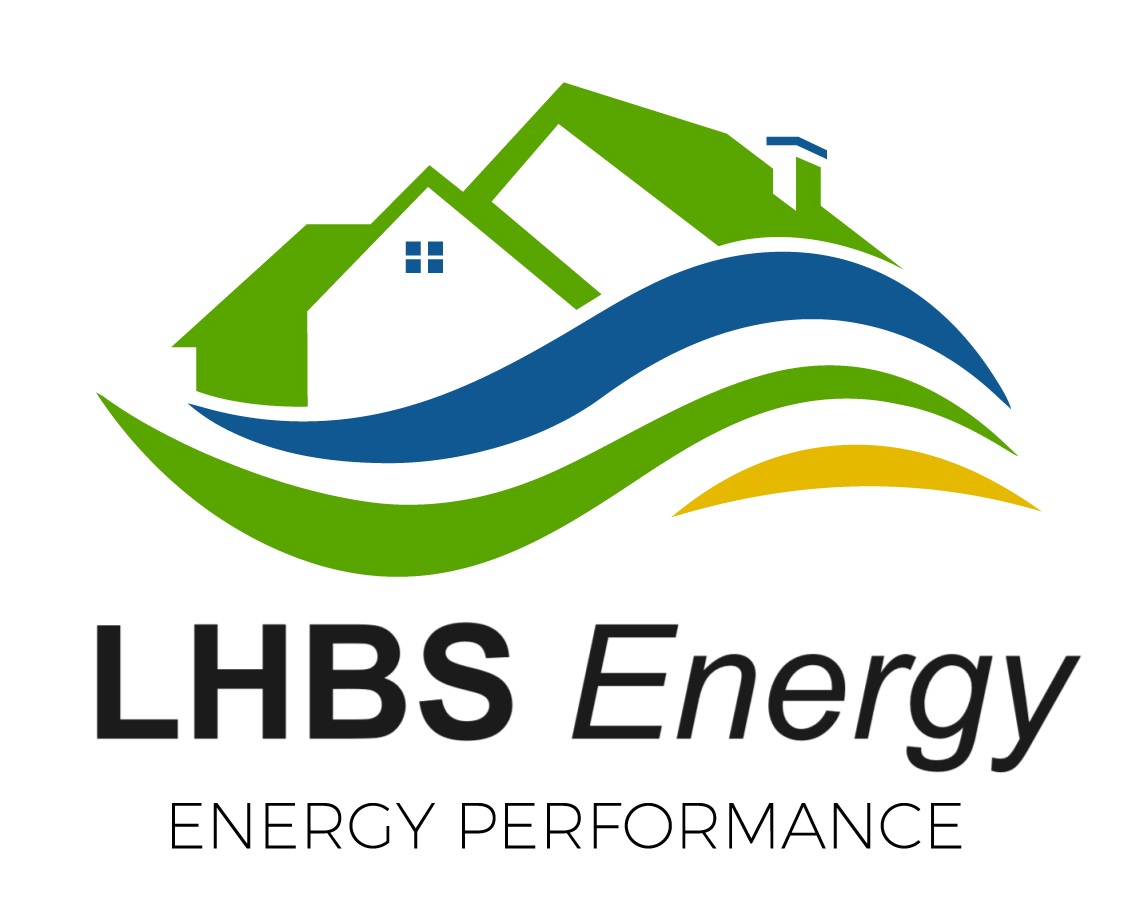Domestic Energy Performance Certificate (EPC)
Your complete guide to understanding, obtaining, and improving your property's energy efficiency rating
🎯 Complimentary Floorplans Available with Every Domestic EPC
What is a Domestic EPC Used For?
A Domestic Energy Performance Certificate (EPC) is an essential document that provides a comprehensive assessment of your property's energy efficiency. Here's what it covers:
Primary Purposes
- Property transactions: Required when selling or renting a home
- Energy efficiency assessment: Rates properties from A (most efficient) to G (least efficient)
- Improvement guidance: Provides recommendations for enhancing energy efficiency
- Cost savings: Helps identify ways to reduce energy bills
- Environmental impact: Shows carbon dioxide emissions and environmental footprint
- Compliance: Meets legal requirements for property transactions
When is a Domestic EPC Needed?
Legal Requirements
- Selling a property: Must have a valid EPC before marketing
- Renting a property: Required for new tenancies
- Building new homes: New builds must have EPCs
- Converting properties: When changing property use
- Renovating: Major renovations may require new assessments
Validity Period
- EPCs are valid for 10 years
- Must be renewed if expired before selling/renting
How is a Domestic EPC Formulated?
Assessment Process
- Qualified assessor visit: A certified Domestic Energy Assessor (DEA) conducts an on-site survey
- Property inspection: Assessor examines:
- Building construction and materials
- Heating systems and controls
- Hot water systems
- Lighting systems
- Insulation levels
- Windows and glazing
- Ventilation systems
- Data input: Information is entered into government-approved software (RdSAP - Reduced Data Standard Assessment Procedure)
- Calculation: Software calculates:
- Energy efficiency rating (A-G scale)
- Environmental impact rating (CO2 emissions)
- Estimated energy costs
- Potential improvement recommendations
- Report generation: Creates the official EPC document with:
- Current efficiency rating
- Potential rating after improvements
- Specific improvement measures
- Estimated costs and savings
- Environmental impact data
Rating System
This comprehensive assessment provides homeowners and landlords with a clear roadmap for improving their property's energy efficiency, potentially saving money on bills and increasing property value while meeting regulatory requirements.
Benefits & Value Proposition
💰 Financial Benefits
Better EPC ratings can increase property value by 5-15%
💡 Energy Bill Savings
Typical savings from D to C rating: £200-500 annually
🏦 Mortgage Advantages
Better rates available for energy-efficient properties
📈 Rental Premium
Higher rental yields for properties with better ratings
Common Improvement Measures
🚀 Quick Wins
- LED lighting
- Draught proofing
- Radiator reflectors
- Smart thermostats
Cost: £50-300
⚡ Medium Investments
- Loft insulation
- Cavity wall insulation
- Double glazing
- Hot water cylinder jacket
Cost: £500-3,000
🏗️ Major Upgrades
- New boilers
- Heat pumps
- Solar panels
- External wall insulation
Cost: £3,000-25,000
Legal & Regulatory Updates
Current Legislation
- MEES (Minimum Energy Efficiency Standards): All rental properties must meet minimum EPC E rating
- Future changes: Proposed 2028 EPC C requirement for all rentals
- Penalties: Fines for non-compliance range from £5,000 to £150,000
- Exemptions: Properties that are technically impractical or where improvements would cost more than £3,500 may be eligible
Assessment Process Details
What to Expect
- Timeline: Assessment typically takes 1-2 hours
- Preparation: Ensure access to all rooms, loft, and heating systems
- Documentation needed: Building plans, certificates, receipts for recent improvements
- Follow-up: Results available within 24-48 hours
Industry Insights & Trends
Market Statistics
- Average ratings: Most UK homes fall between D and E ratings
- Regional variations: Newer properties in the South East typically have better ratings
- Property type considerations: Period properties often require more investment to improve
- Future-proofing: Improvements today prepare for future regulations and increase property value
Funding & Support Options
🏛️ Government Grants
Various schemes available including ECO4, Green Deal, and local authority funding
🏦 Green Mortgages
Special financing available for energy improvements with competitive rates
🏘️ Local Authority Support
Regional funding opportunities and council-led improvement schemes
💰 Tax Incentives
Available deductions and reliefs for energy efficiency improvements
Technical Details
RdSAP Methodology
The Reduced Data Standard Assessment Procedure (RdSAP) is the government-approved software used to calculate EPC ratings. It uses standardised assumptions and data to ensure consistency across assessments.
Data Accuracy & Limitations
- Visual assessment: Assessors can only inspect what's visible and accessible
- Standardized assumptions: Some data uses industry standard values
- What EPCs don't cover: Actual energy consumption, comfort levels, or detailed thermal modeling
- Professional standards: All assessors must be qualified DEAs with appropriate accreditation
Frequently Asked Questions
Ready to Get Your Domestic EPC?
Book your assessment today and start your journey to a more energy-efficient home
